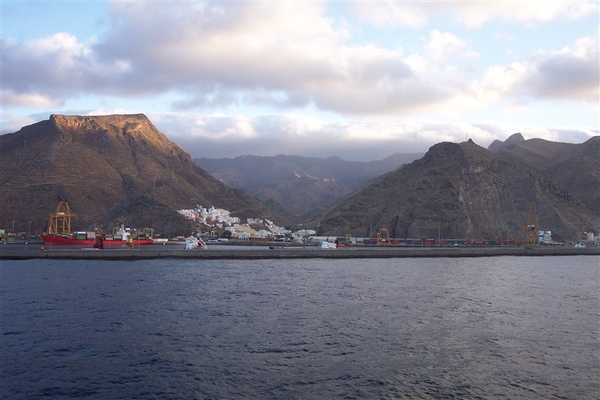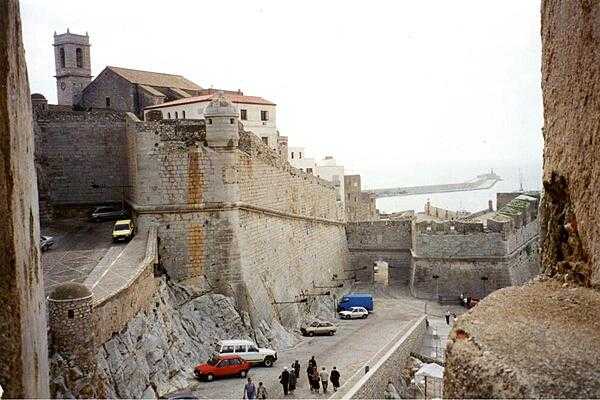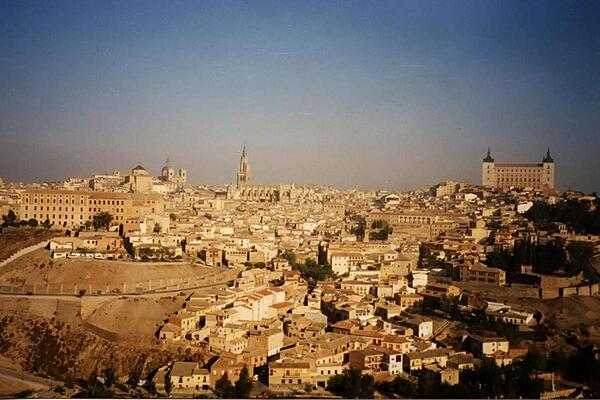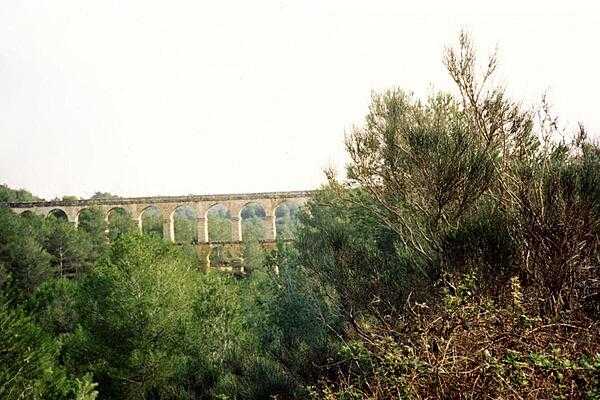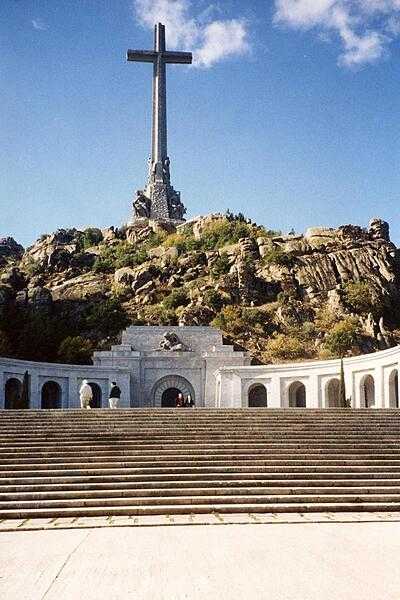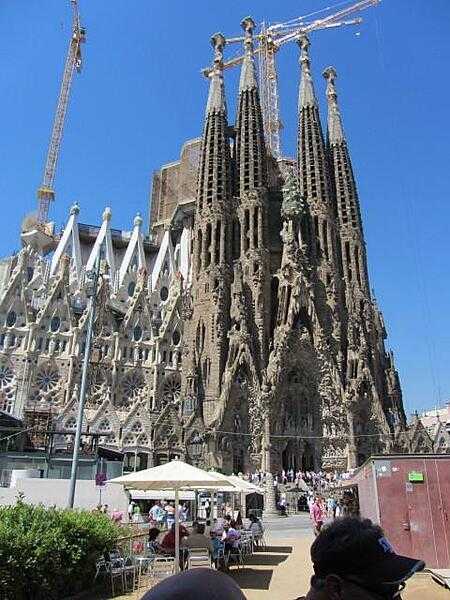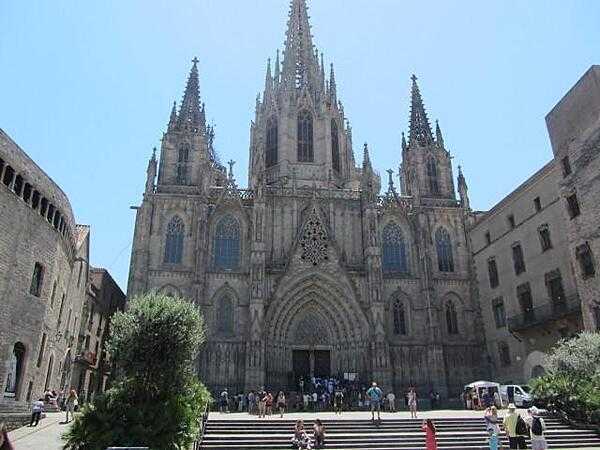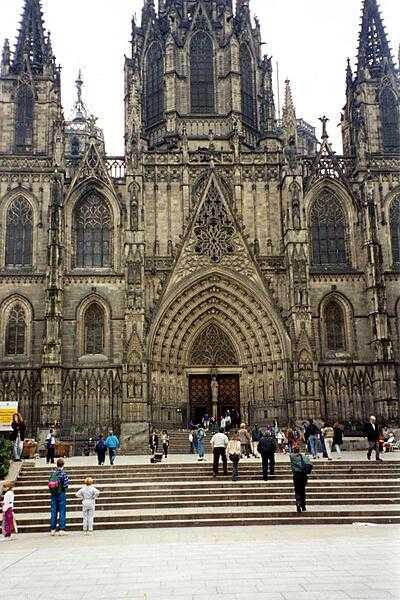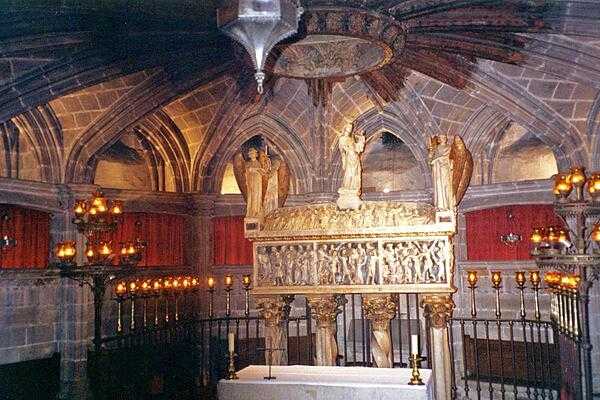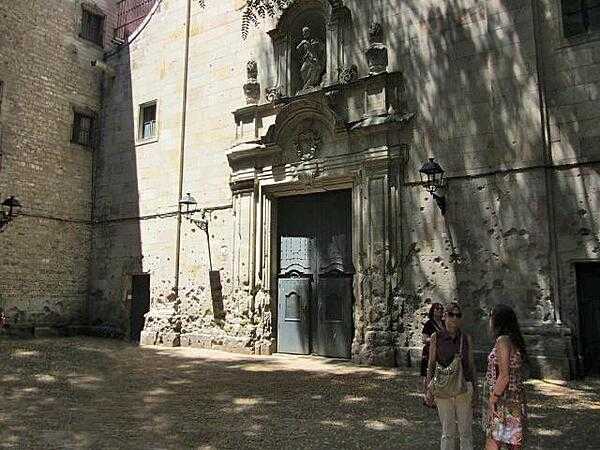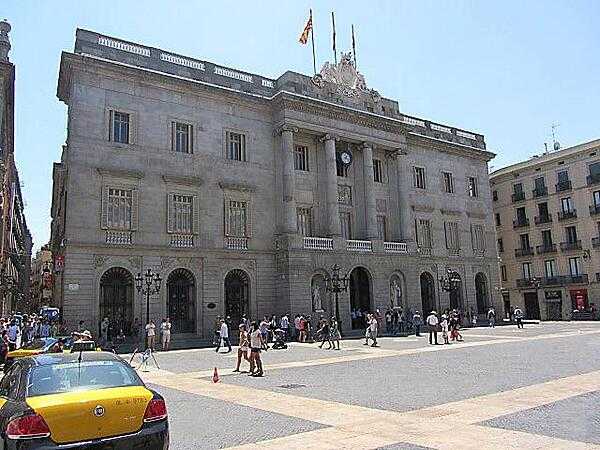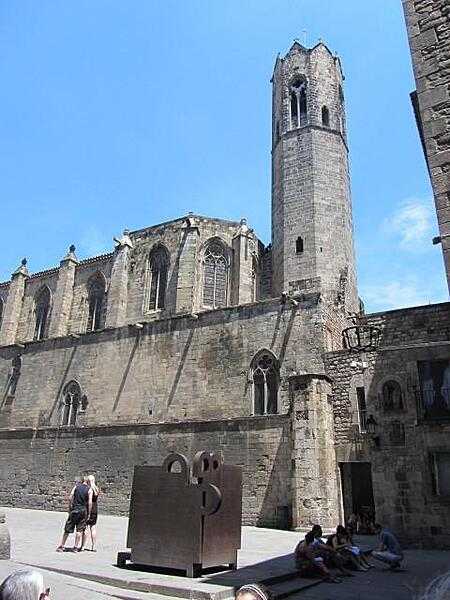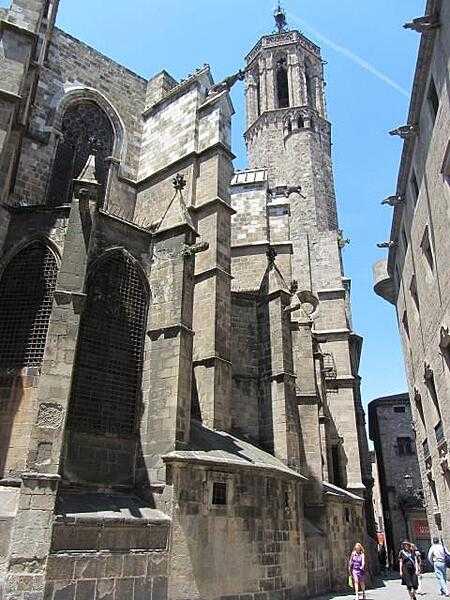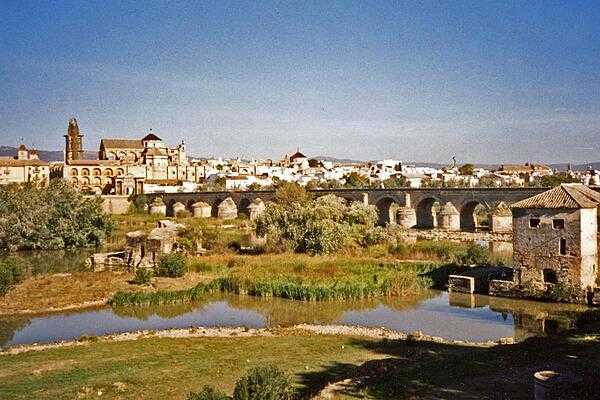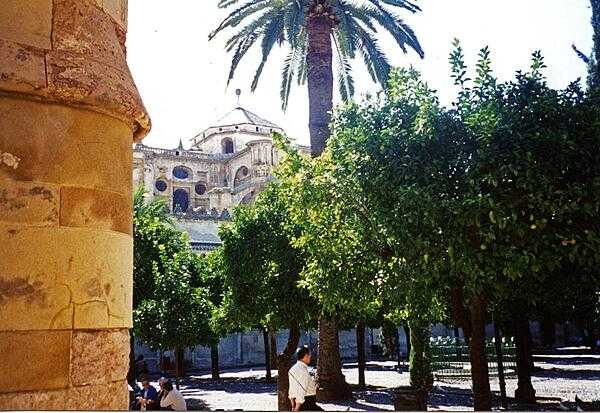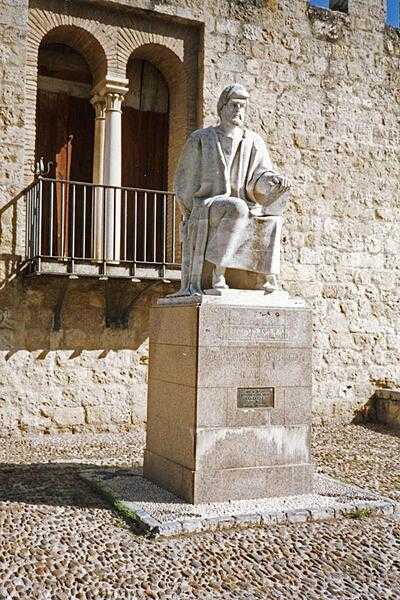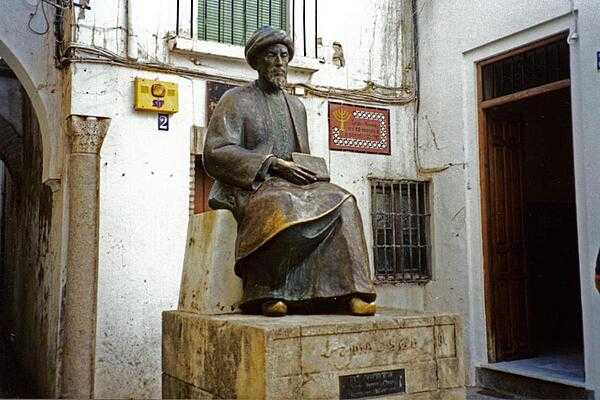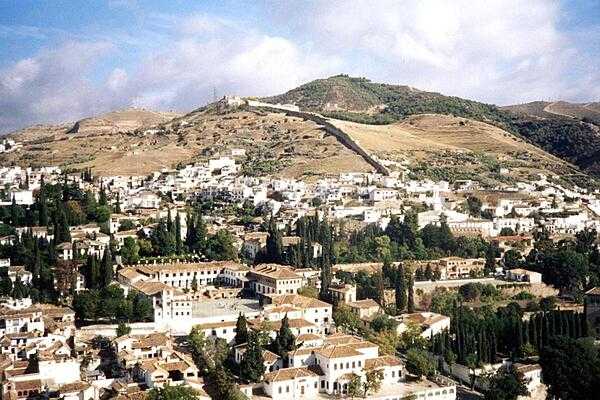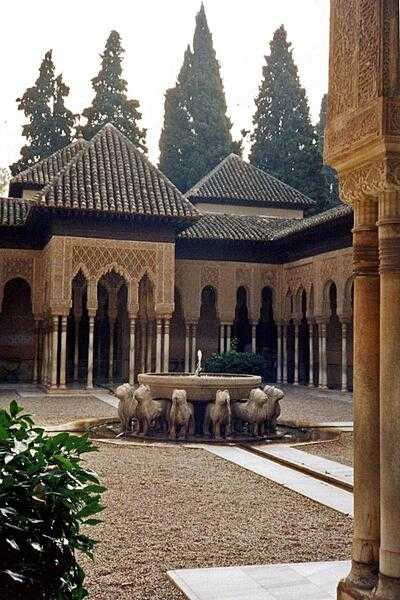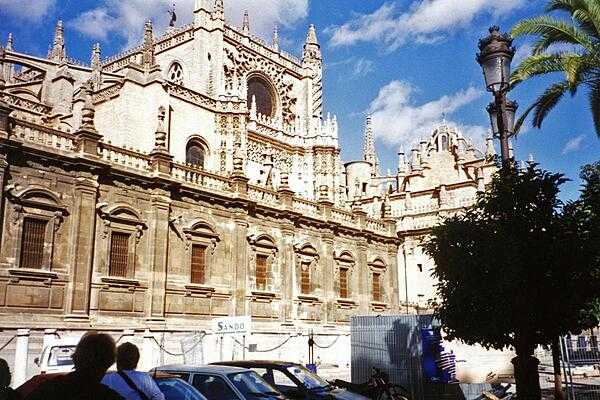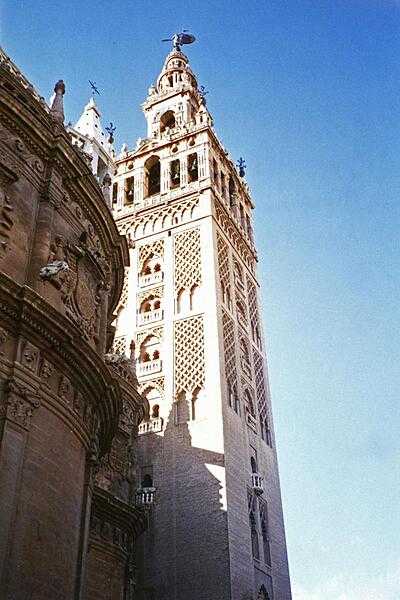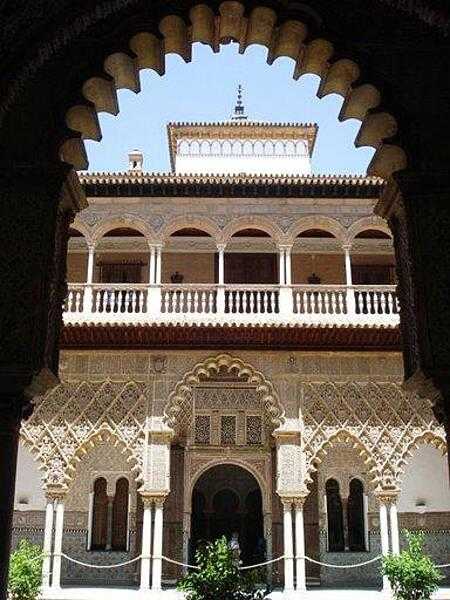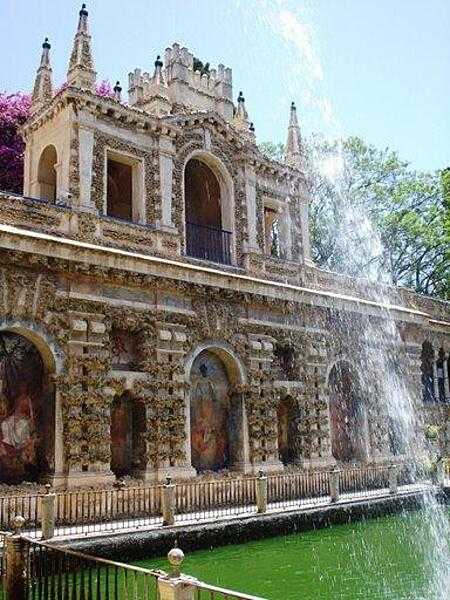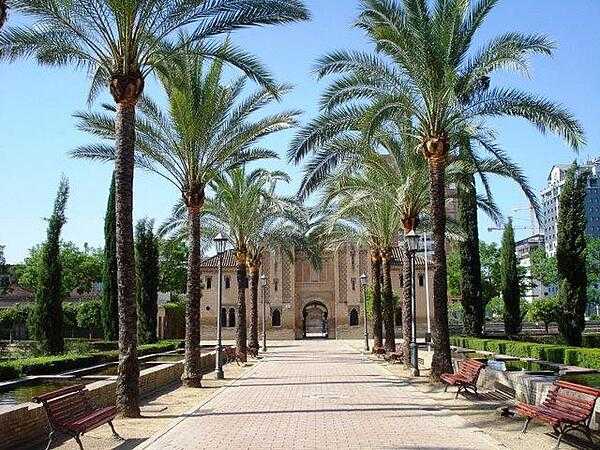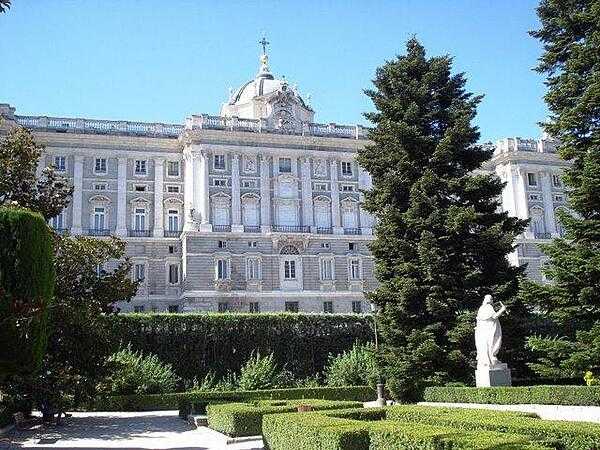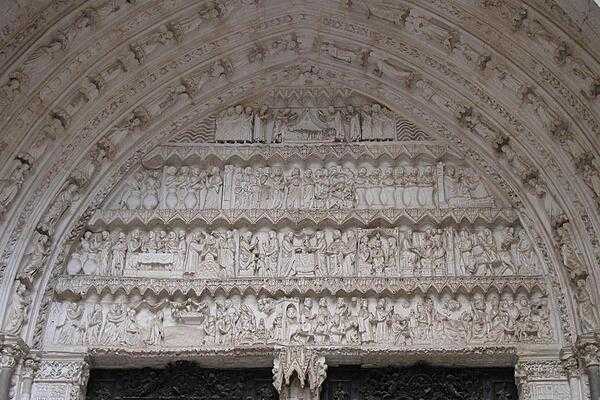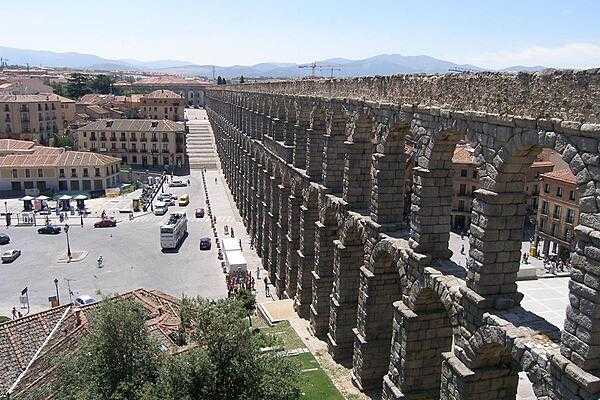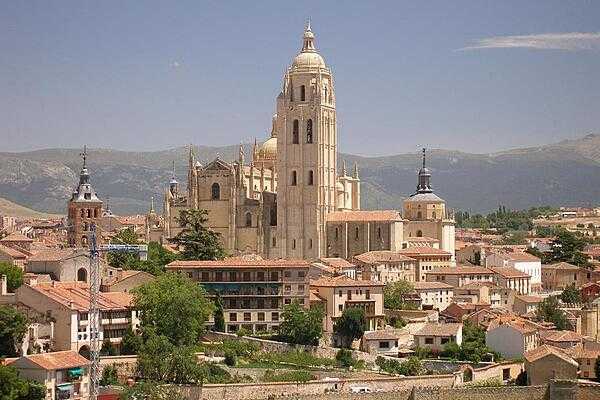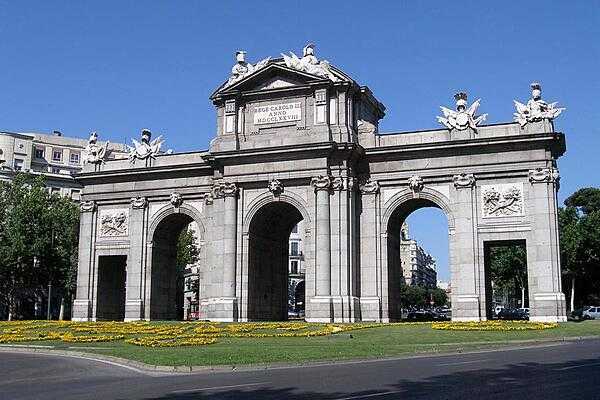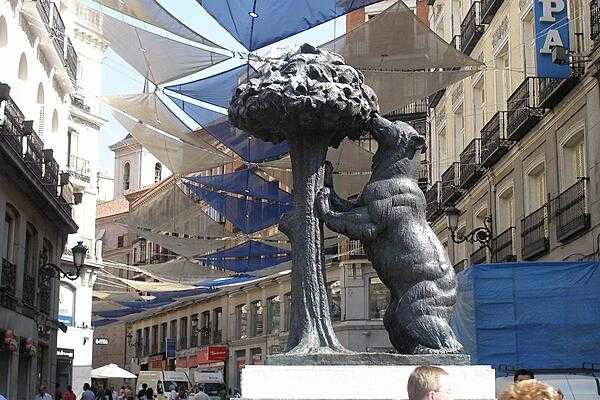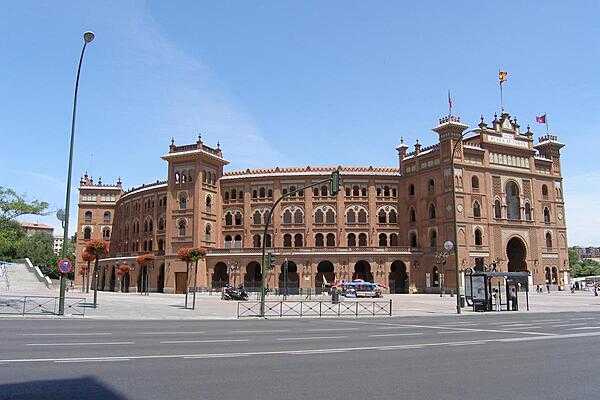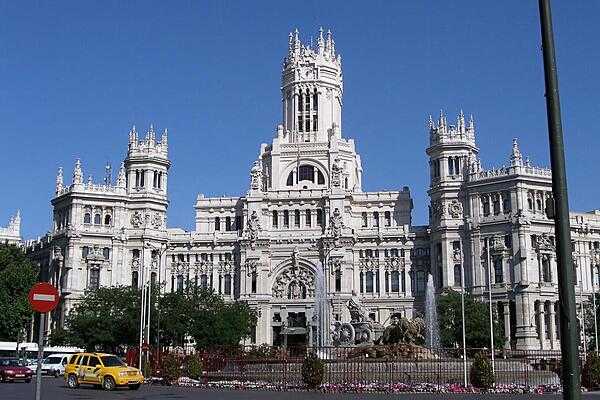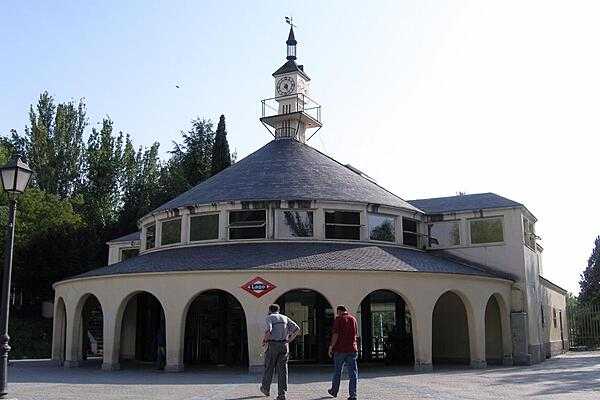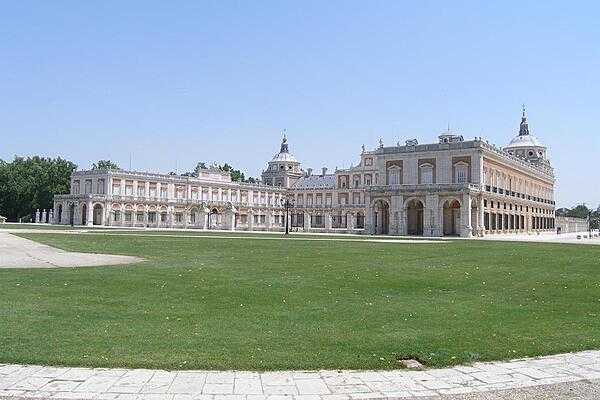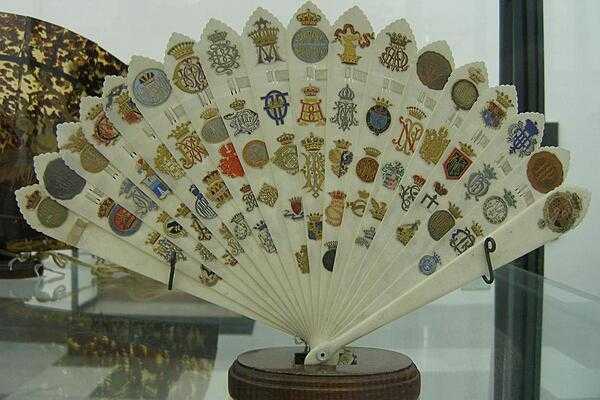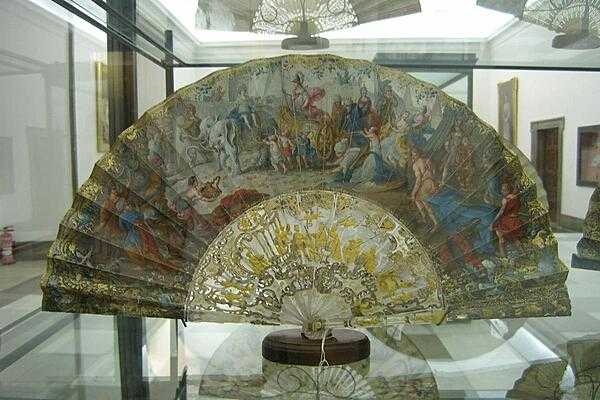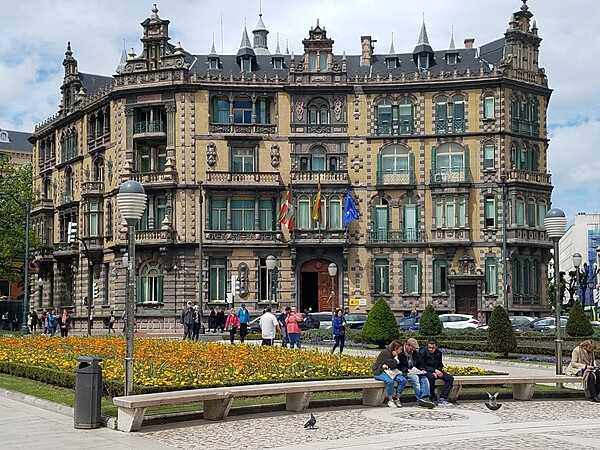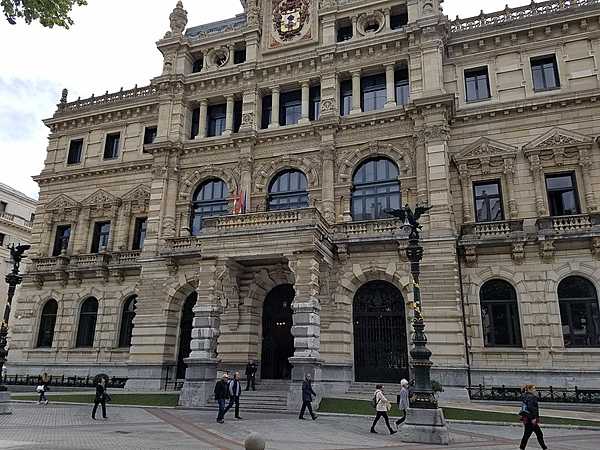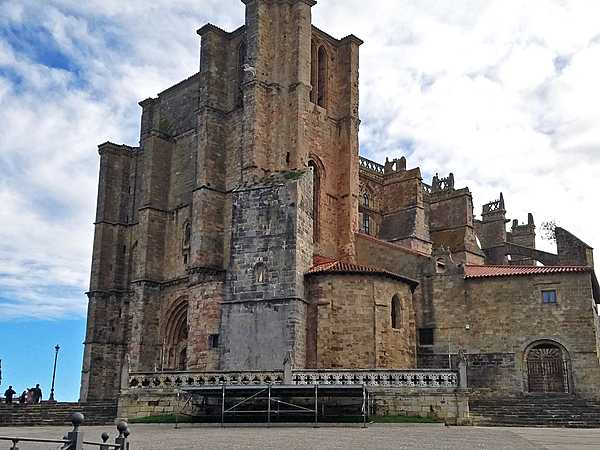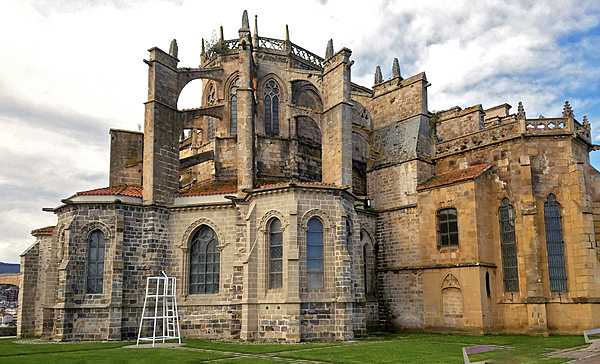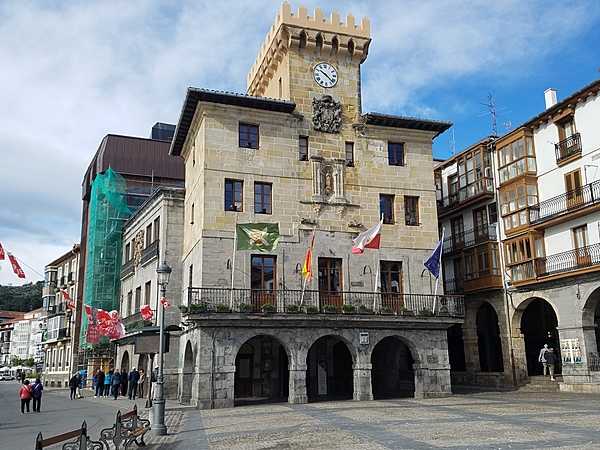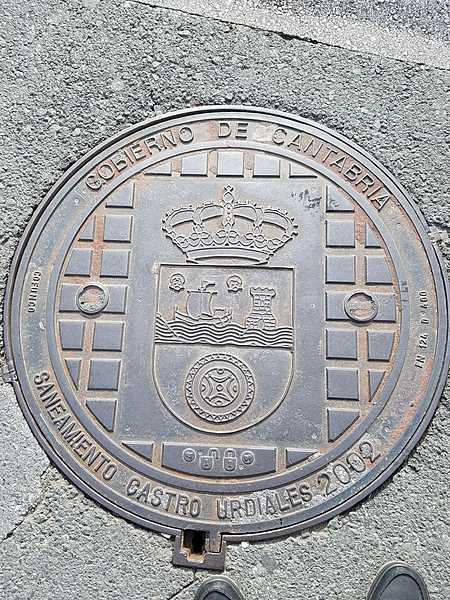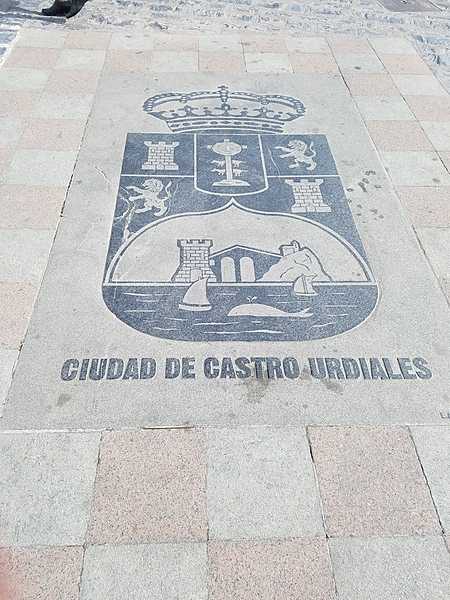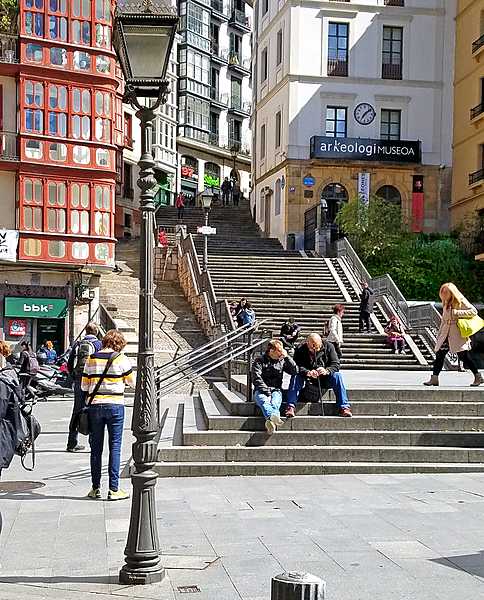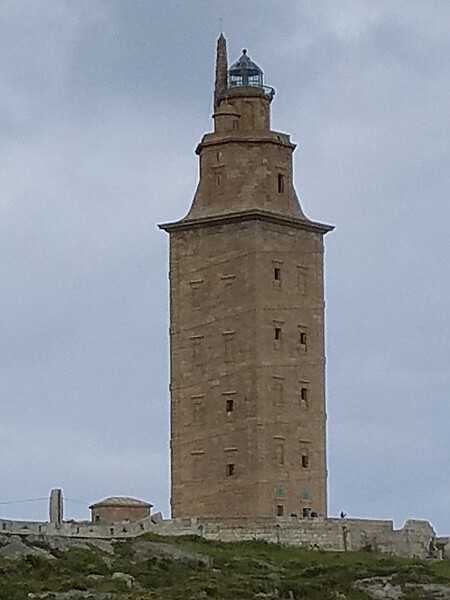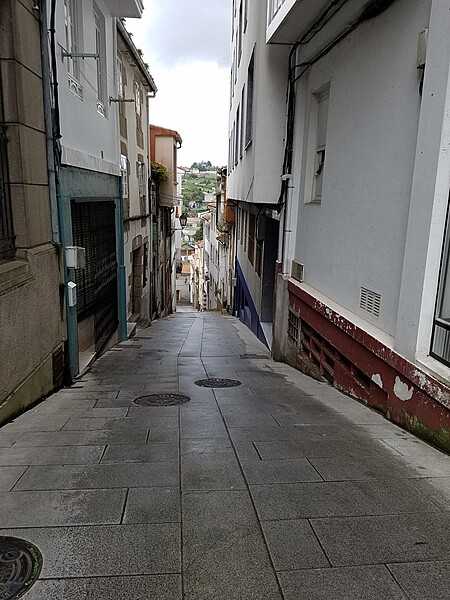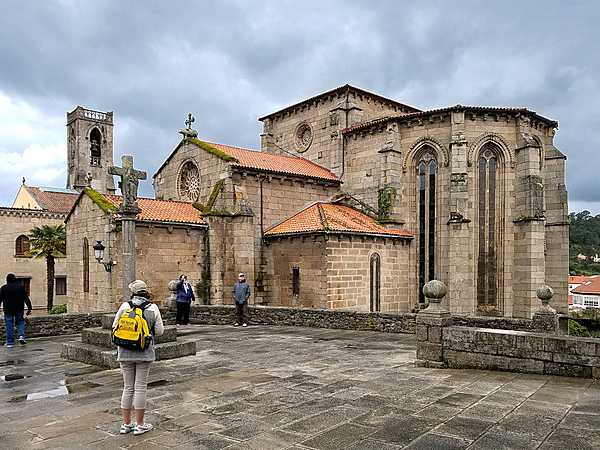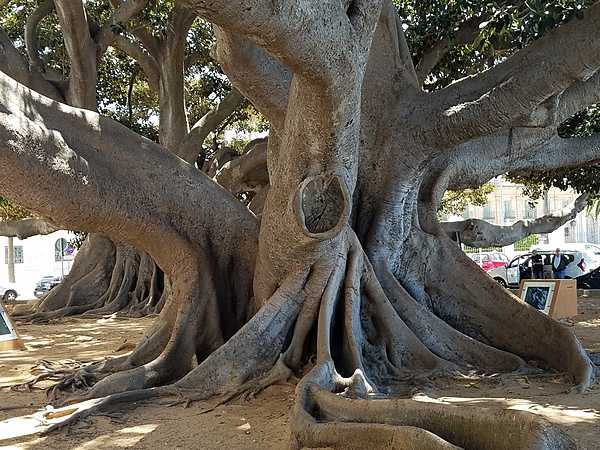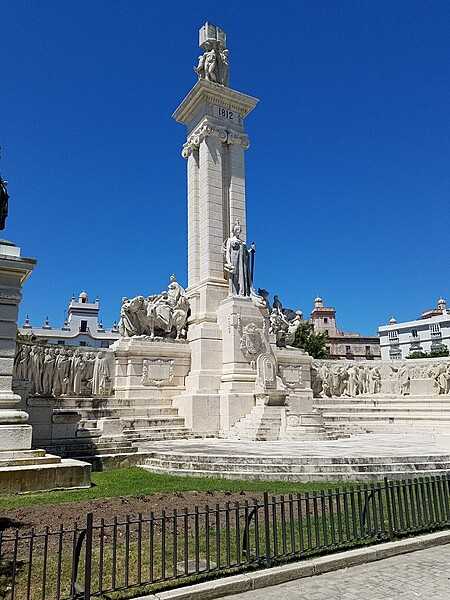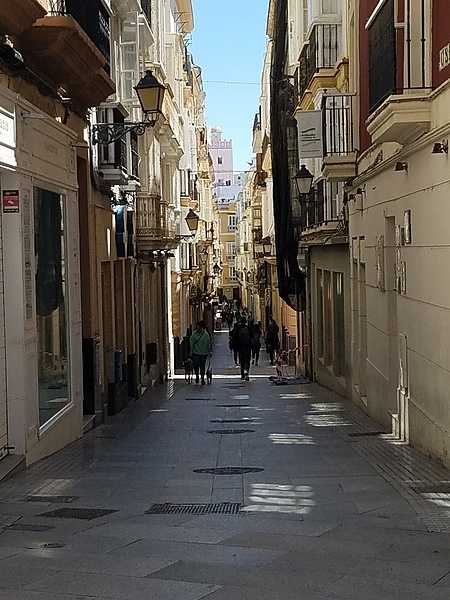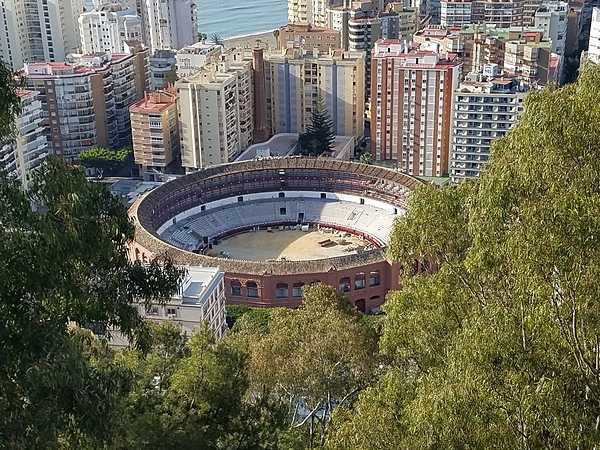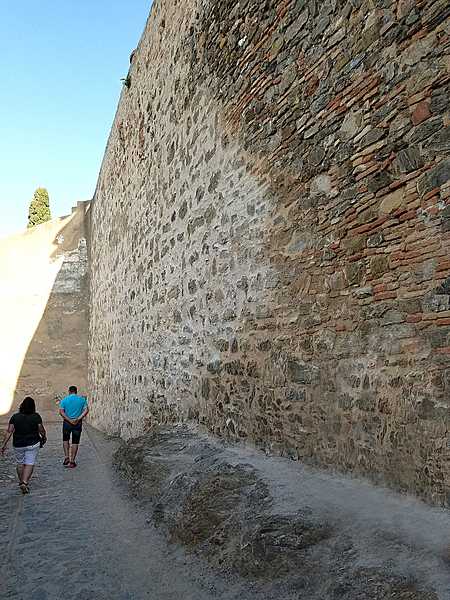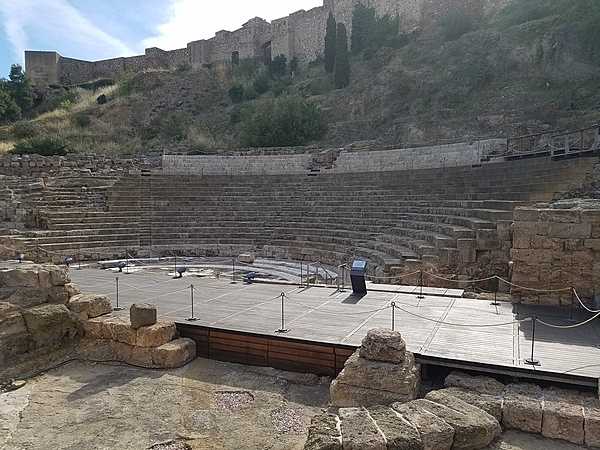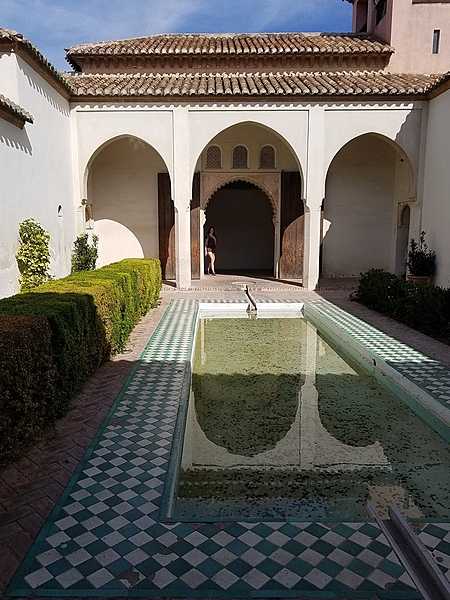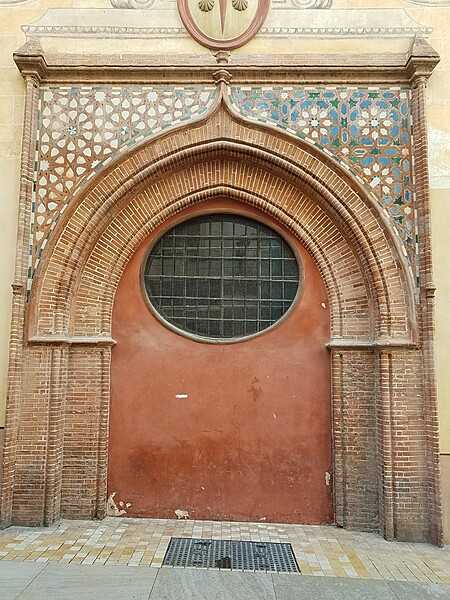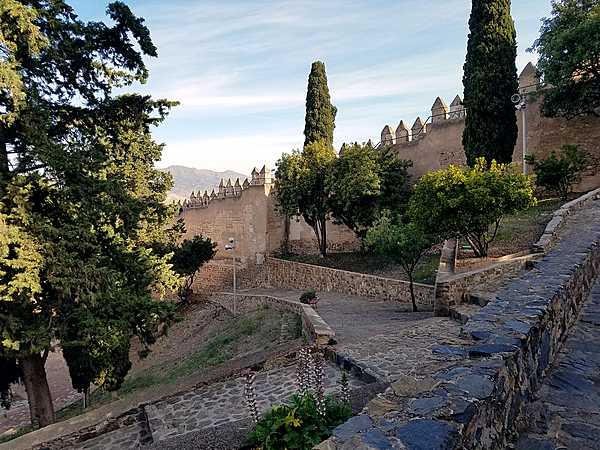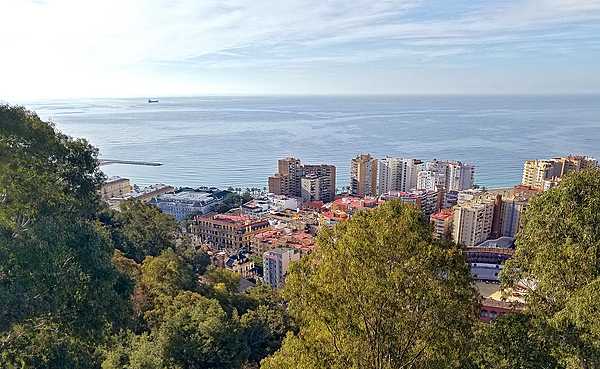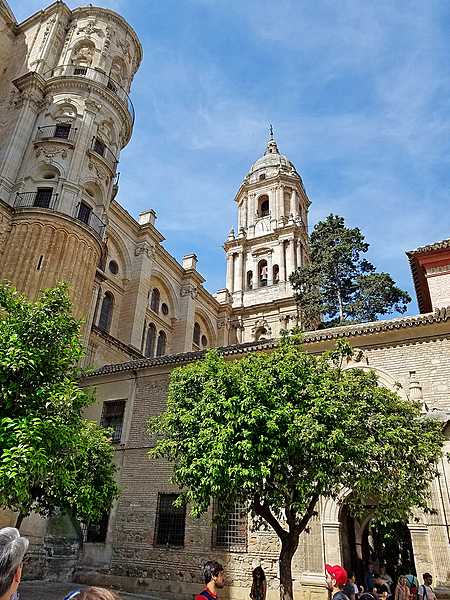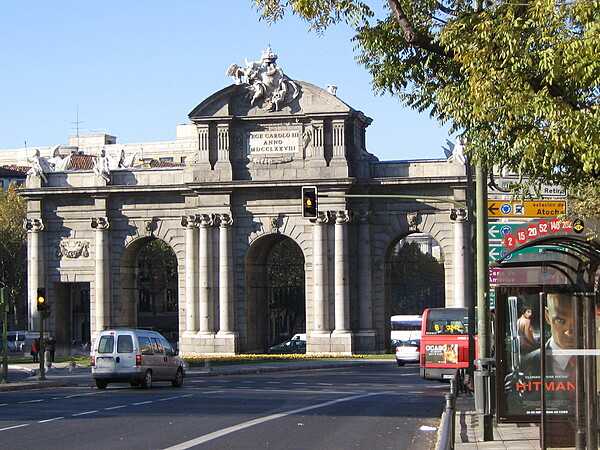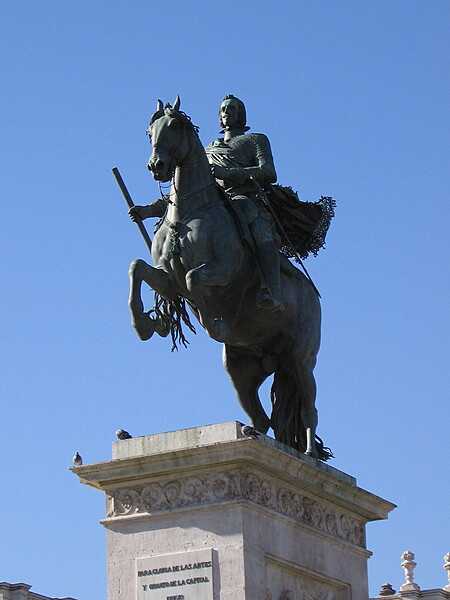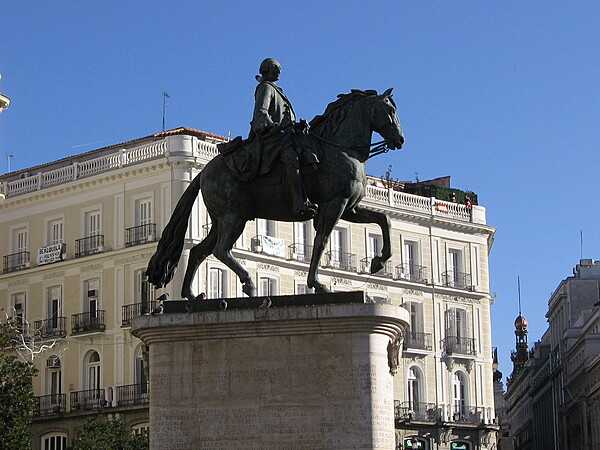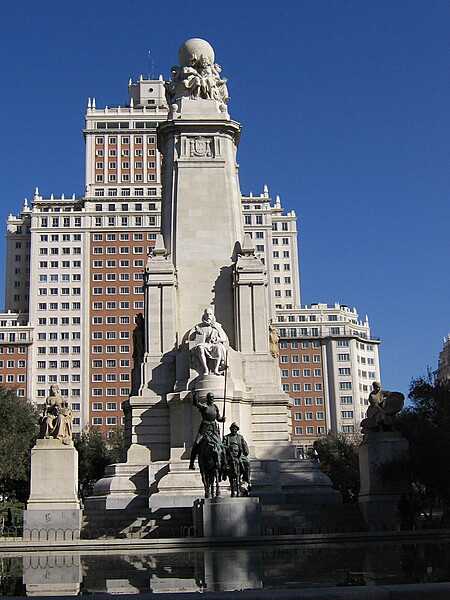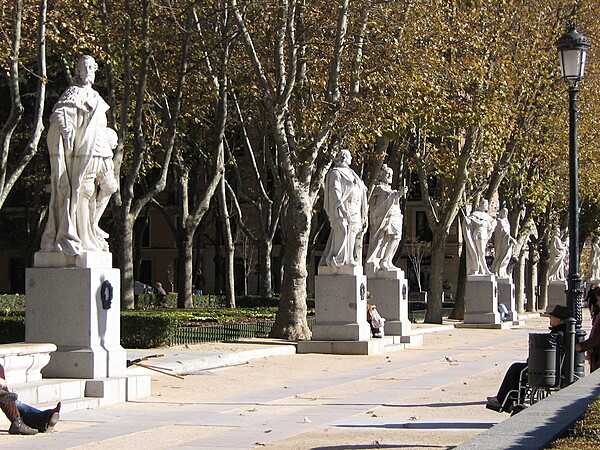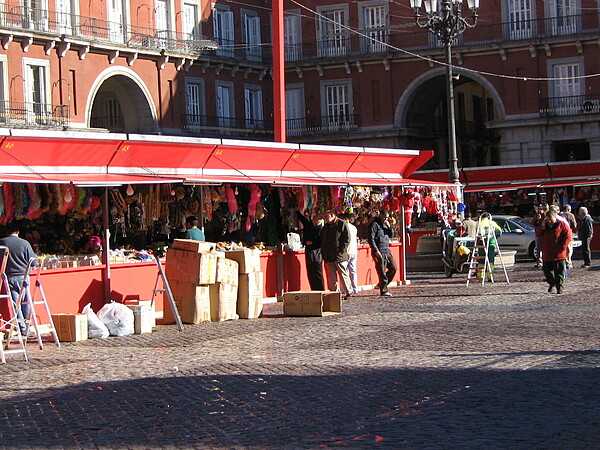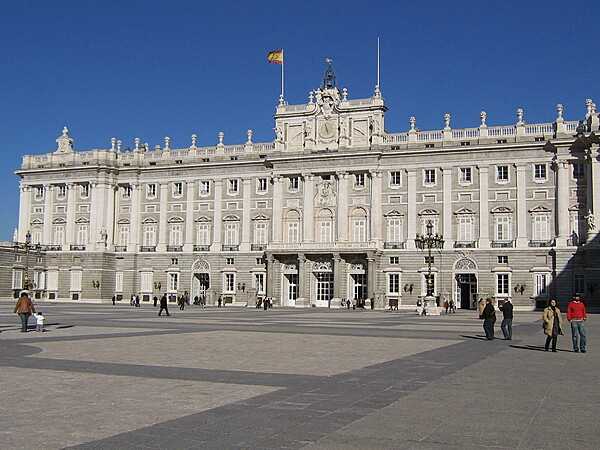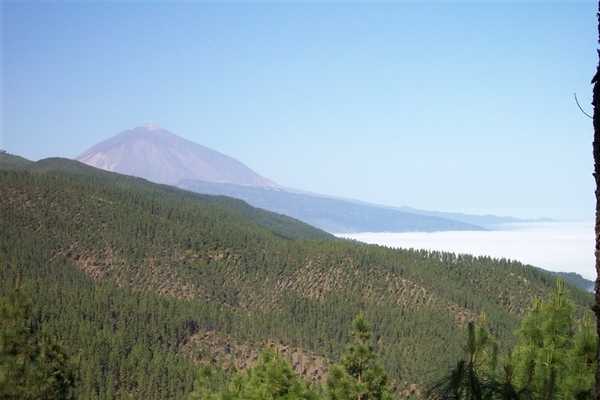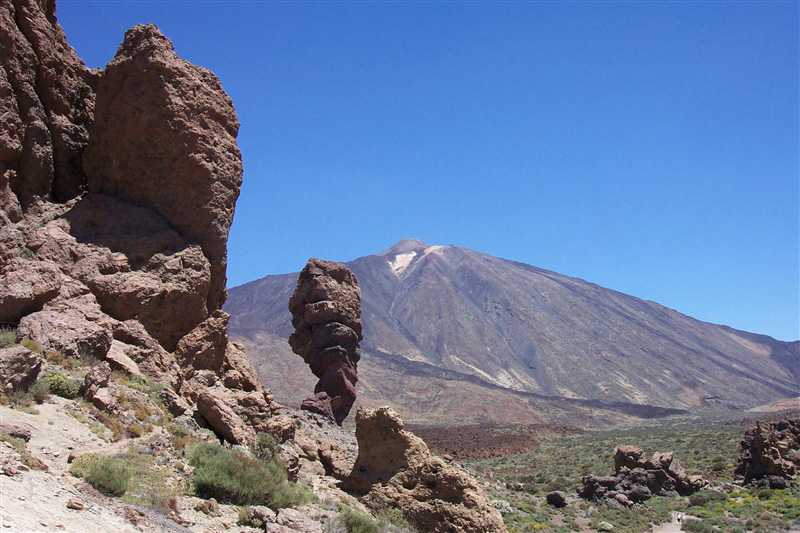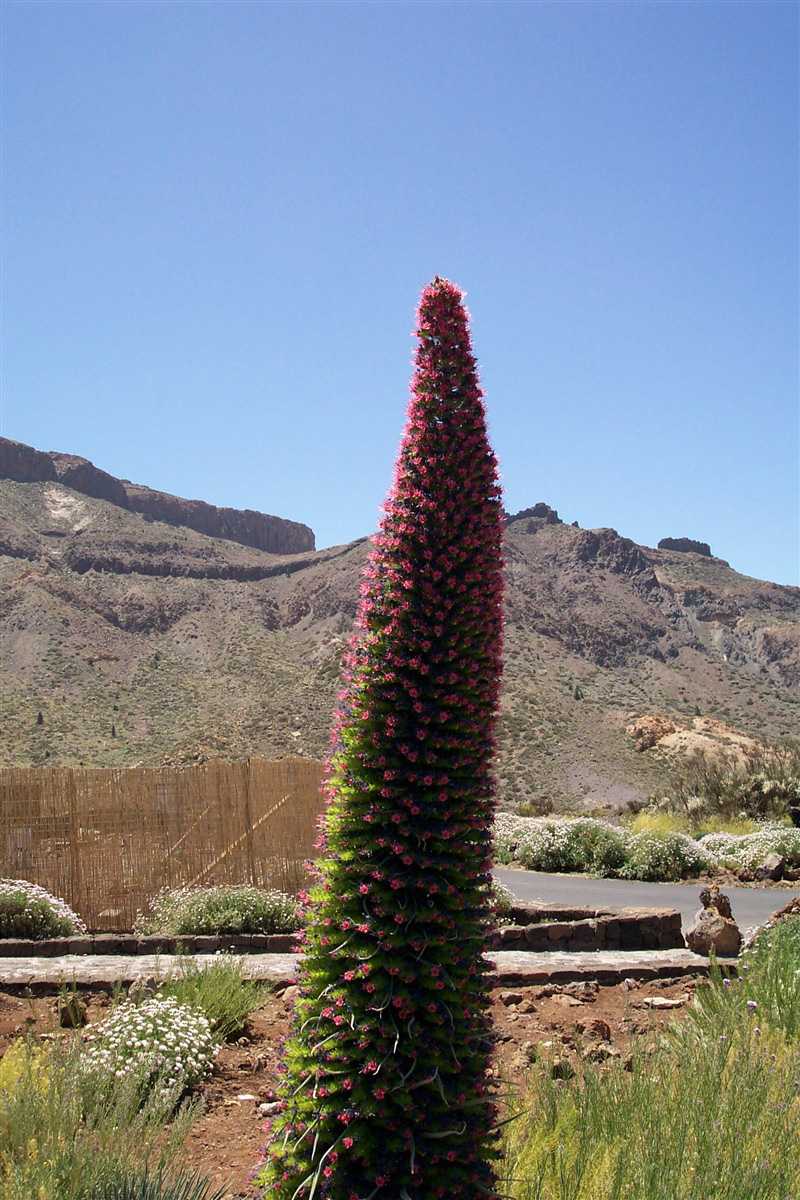Spain - ES - ESP - ESP - Europe
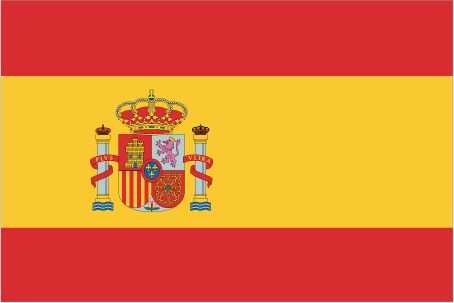
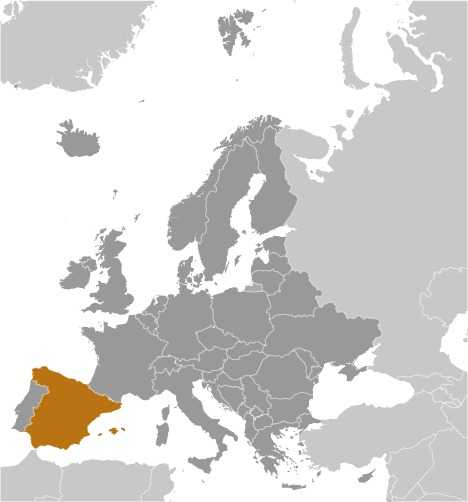
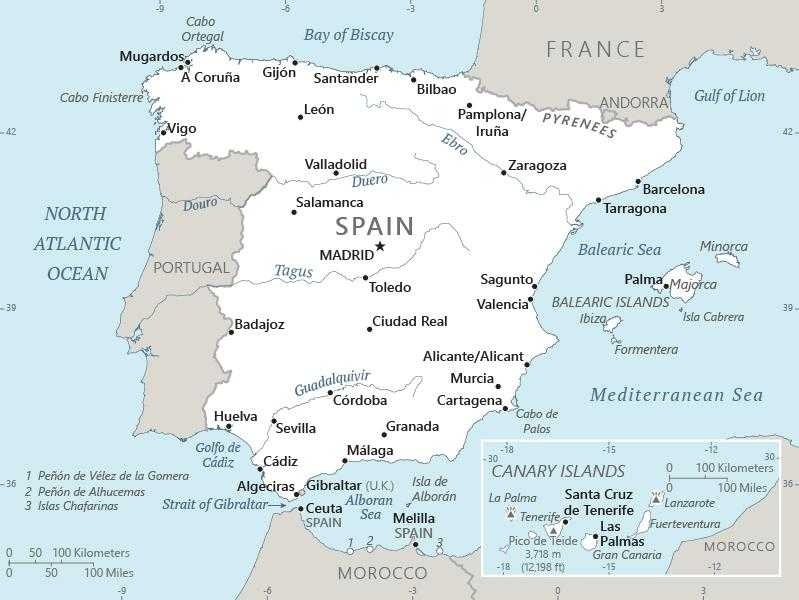
Spain Images
Spain Factbook Data
Diplomatic representation from the US
embassy: Calle de Serrano, 75, 28006 Madrid
mailing address: 8500 Madrid Place, Washington DC 20521-8500
telephone: [34] (91) 587-2200
FAX: [34] (91) 587-2303
email address and website:
askACS@state.gov
https://es.usembassy.gov/
consulate(s) general: Barcelona
Age structure
15-64 years: 66.1% (male 15,662,492/female 15,585,138)
65 years and over: 20.9% (2024 est.) (male 4,259,816/female 5,613,147)
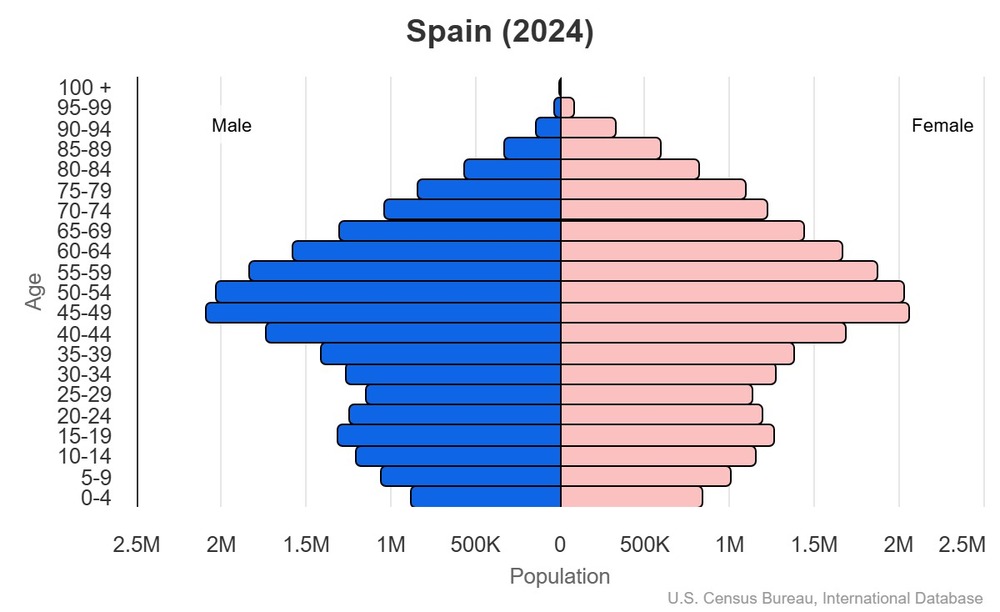
For additional information, please see the entry for Population pyramid on the Definitions and Notes page.
Geographic coordinates
Sex ratio
0-14 years: 1.04 male(s)/female
15-64 years: 1 male(s)/female
65 years and over: 0.76 male(s)/female
total population: 0.95 male(s)/female (2024 est.)
Natural hazards
volcanism: volcanic activity in the Canary Islands, located off Africa's northwest coast; Teide (3,715 m) has been deemed a Decade Volcano by the International Association of Volcanology and Chemistry of the Earth's Interior, worthy of study due to its explosive history and close proximity to human populations; La Palma (2,426 m) is the most active of the Canary Islands volcanoes; Lanzarote is the only other historically active volcano
Area - comparative
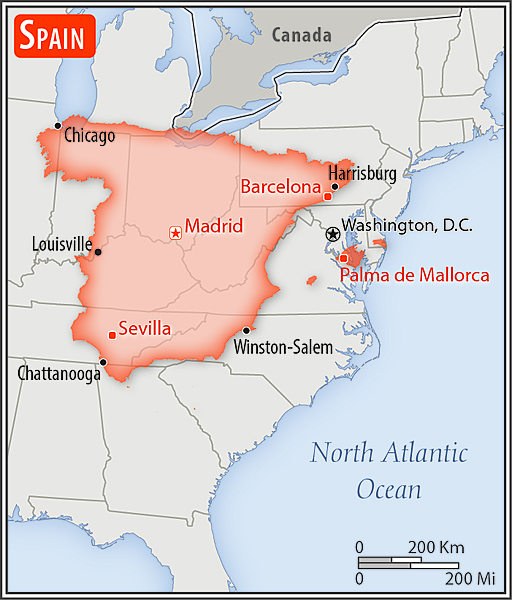
almost five times the size of Kentucky; slightly more than twice the size of Oregon
Background
Spain's powerful world empire of the 16th and 17th centuries ultimately yielded command of the seas to England. Spain remained neutral during both World Wars but suffered through a devastating civil war (1936-39) resulting in a dictatorship. A peaceful transition to democracy after the death of dictator Francisco FRANCO in 1975 and rapid economic modernization after Spain joined the EU in 1986 gave Spain a dynamic and rapidly growing economy. After a severe recession in the wake of the global financial crisis in 2008, Spain has posted solid years of GDP growth above the EU average. Unemployment has fallen but remains high, especially among youth. Spain is the euro-zone's fourth-largest economy. The country has faced increased domestic turmoil in recent years due to the independence movement in its restive Catalonia region.
Environmental issues
International environmental agreements
signed, but not ratified: none of the selected agreements
Military expenditures
1.4% of GDP (2024 est.)
1.2% of GDP (2023 est.)
1.1% of GDP (2022 est.)
1% of GDP (2021 est.)
Population below poverty line
note: % of population with income below national poverty line
Household income or consumption by percentage share
highest 10%: 24.8% (2022 est.)
note: % share of income accruing to lowest and highest 10% of population
Exports - commodities
note: top five export commodities based on value in dollars
Exports - partners
note: top five export partners based on percentage share of exports
Administrative divisions
note: Spain administers the autonomous cities of Ceuta and Melilla and the three small islands of Islas Chafarinas, Peñón de Alhucemas, and Peñón de Velez de la Gomera, which are all located along the coast of Morocco; they are collectively referred to as Places of Sovereignty (Plazas de Soberania)
Agricultural products
note: top ten agricultural products based on tonnage
Military and security forces
Ministry of the Interior: Spanish National Police (Cuerpo Nacional de Policía, CNP) (2025)
note 1: the Civil Guard is a military force with police duties (including coast guard) under both the Ministry of Defense and the Ministry of the Interior; it also responds to the needs of the Ministry of Finance; the CNP and the Civil Guard maintain internal security as well as migration and border enforcement under the authority of the Ministry of the Interior; the regional police under the authority of the Catalan and the Basque Country regional governments and municipal police throughout the country also support domestic security
note 2: the Emergency Response Unit was established in 2006 as a separate branch of service for responding to natural disasters and providing disaster relief both domestically and abroad; it has personnel from all the other military services
note 3: the Royal Guard is an independent joint-service regiment of the military dedicated to the protection of the King and members of the royal family
Budget
expenditures: $549.772 billion (2023 est.)
note: central government revenues (excluding grants) and expenditures converted to US dollars at average official exchange rate for year indicated
Capital
geographic coordinates: 40 24 N, 3 41 W
time difference: UTC+1 (6 hours ahead of Washington, DC, during Standard Time)
daylight saving time: +1hr, begins last Sunday in March; ends last Sunday in October
time zone note: Spain has two time zones, including the Canary Islands (UTC 0)
etymology: the meaning and origin of the name is unclear; the city grew from a small Moorish fort that was called Majerit in the first recorded mention in A.D. 932; some trace the modern-day name back to the Roman era, with the Latin word materia (materials) as a possible source
Imports - commodities
note: top five import commodities based on value in dollars
Climate
Coastline
Constitution
amendment process: proposed by the government, by the General Courts (the Congress or the Senate), or by the self-governing communities submitted through the government; passage requires three-fifths majority vote by both houses and passage by referendum if requested by one tenth of the members of either house; proposals disapproved by both houses are submitted to a joint committee, which submits an agreed upon text for another vote; passage requires two-thirds majority vote in Congress and simple majority vote in the Senate
Exchange rates
Exchange rates:
0.924 (2024 est.)
0.925 (2023 est.)
0.95 (2022 est.)
0.845 (2021 est.)
0.876 (2020 est.)
Executive branch
head of government: President of the Government of Spain (prime minister-equivalent) Pedro SANCHEZ PEREZ-CASTEJON (since 2 June 2018)
cabinet: Council of Ministers designated by the president
election/appointment process: the monarchy is hereditary; following legislative elections, the monarch usually proposes as president the leader of the majority party or coalition, who is then indirectly elected by the Congress of Deputies; vice president and Council of Ministers appointed by the president
most recent election date: 23 July 2023
election results: Congress of Deputies vote - 179 to 171 (16 November 2023)
expected date of next election: 31 July 2027
note: there is also a Council of State that is the supreme consultative organ of the government, but its recommendations are non-binding
Flag
Independence
note: the Iberian peninsula was home to a variety of independent kingdoms prior to the Muslim occupation that began in the early 8th century A.D. and lasted nearly seven centuries; the small Christian redoubts of the north began the reconquest almost immediately, culminating in the seizure of Granada in 1492; this completed the unification of several kingdoms and is traditionally considered the forging of present-day Spain
Industries
Judicial branch
judge selection and term of office: Supreme Court judges appointed by the monarch from candidates proposed by the General Council of the Judiciary Power, a 20-member governing board chaired by the monarch; judges can serve until age 70; Constitutional Court judges nominated by the National Assembly, executive branch, and the General Council of the Judiciary, and appointed by the monarch for 9-year terms
subordinate courts: National High Court; High Courts of Justice (in each of the autonomous communities); provincial courts; courts of first instance
Land boundaries
border countries (5): Andorra 63 km; France 646 km; Gibraltar 1.2 km; Portugal 1,224 km; Morocco (Ceuta) 8 km and Morocco (Melilla) 10.5 km
note: an additional 75-meter border segment exists between Morocco and the Spanish exclave of Penon de Velez de la Gomera
Land use
arable land: 23% (2023 est.)
permanent crops: 10.2% (2023 est.)
permanent pasture: 19.8% (2023 est.)
forest: 38.2% (2023 est.)
other: 12.3% (2023 est.)
Legal system
Legislative branch
legislative structure: bicameral
Literacy
male: 99.8% (2021 est.)
female: 99.6% (2021 est.)
Maritime claims
contiguous zone: 24 nm
exclusive economic zone: 200 nm (applies only to the Atlantic Ocean)
International organization participation
National holiday
note: commemorates the arrival of explorer Christopher COLUMBUS in the Americas
Nationality
adjective: Spanish
Natural resources
Geography - note
Economic overview
high-income, core-EU and eurozone economy; strong growth driven by public consumption, tourism, and other service exports; tight labor market despite high structural unemployment; efforts to narrow persistent fiscal deficits through tax and spending measures; high but declining unemployment supported by job growth and immigration
Political parties
Basque Country Unite (Euskal Herria Bildu) or EH Bildu (coalition of 4 Basque pro-independence parties)
Basque Nationalist Party or PNV or EAJ
Canarian Coalition or CC (coalition of 5 parties)
Ciudadanos Party (Citizens Party) or Cs
Compromis - Compromise Coalition
Navarrese People's Union or UPN
Together for Catalonia or Junts
People's Party or PP
Republican Left of Catalonia or ERC
Spanish Socialist Workers Party or PSOE
Teruel Existe or TE
Unidas (Unite) or Sumar (electoral coalition formed in March 2022) (formerly Unidas Podemos or UP)
Vox or VOX
Railways
Suffrage
Terrain
Government type
Country name
conventional short form: Spain
local long form: Reino de España
local short form: España
etymology: derivation of the name España is uncertain; the Basque words ezpain or espan ("edge," as in a river bank) are possible sources, or the Punic word span, meaning "rabbit;" some academics tie it to the god Hesperus from Greco-Roman mythology
Location
Map references
Irrigated land
Diplomatic representation in the US
chancery: 2375 Pennsylvania Avenue NW, Washington, DC 20037
telephone: [1] (202) 452-0100
FAX: [1] (202) 833-5670
email address and website:
emb.washington@maec.es
https://www.exteriores.gob.es/Embajadas/washington/en/Paginas/index.aspx
consulate(s) general: Boston, Chicago, Houston, Los Angeles, Miami, New York, San Francisco, San Juan (Puerto Rico)
Internet users
Internet country code
Refugees and internally displaced persons
IDPs: 3,960 (2024 est.)
stateless persons: 10,164 (2024 est.)
GDP (official exchange rate)
note: data in current dollars at official exchange rate
Total renewable water resources
School life expectancy (primary to tertiary education)
male: 17 years (2023 est.)
female: 18 years (2023 est.)
Urbanization
rate of urbanization: 0.24% annual rate of change (2020-25 est.)
note: data include Canary Islands, Ceuta, and Melilla
Broadcast media
Drinking water source
urban: 99.9% of population (2022 est.)
rural: 100% of population (2022 est.)
total: 99.9% of population (2022 est.)
unimproved:
urban: 0.1% of population (2022 est.)
rural: 0% of population (2022 est.)
total: 0.1% of population (2022 est.)
National anthem(s)
lyrics/music: no lyrics/unknown
history: adopted 1942;officially in use between 1770 and 1931, restored in 1939; the Spanish anthem was the first to be officially adopted; it first appeared in a 1761 military bugle-call book and was replaced by "Himno de Riego" in the years between 1931 and 1939; the long version of the anthem is used for the king, and the short version is used for the prince, prime minister, and occasions such as sporting events
Major urban areas - population
International law organization participation
Physician density
Hospital bed density
National symbol(s)
Mother's mean age at first birth
GDP - composition, by end use
government consumption: 19.5% (2023 est.)
investment in fixed capital: 19.7% (2023 est.)
investment in inventories: 1.3% (2023 est.)
exports of goods and services: 38.1% (2023 est.)
imports of goods and services: -34.1% (2023 est.)
note: figures may not total 100% due to rounding or gaps in data collection
Citizenship
citizenship by descent only: at least one parent must be a citizen of Spain
dual citizenship recognized: only with select Latin American countries
residency requirement for naturalization: 10 years for persons with no ties to Spain
Population distribution
Electricity access
Civil aircraft registration country code prefix
Sanitation facility access
urban: 100% of population (2022 est.)
rural: 100% of population (2022 est.)
total: 100% of population (2022 est.)
unimproved:
urban: 0% of population (2022 est.)
rural: 0% of population (2022 est.)
total: 0% of population (2022 est.)
Ethnic groups
note: data represent population by country of birth
Religions
Languages
major-language sample(s):
La Libreta Informativa del Mundo, la fuente indispensable de información básica. (Spanish)
The World Factbook, the indispensable source for basic information.
note: Aragonese, Aranese Asturian, Calo, and Valencian are also recognized as regional languages
Imports - partners
note: top five import partners based on percentage share of imports
Elevation
lowest point: Atlantic Ocean 0 m
mean elevation: 660 m
Health expenditure
15.2% of national budget (2022 est.)
Military - note
the Spanish military's history goes back to the 13th century; the Army has an infantry regiment, formed in the 13th century, that is considered the oldest still active military unit in the Western world; the Marine Corps, which traces its roots back to 1537, is the oldest naval infantry force in the world; Spain created a Spanish Legion for foreigners in 1920, but early on the Legion was primarily filled by native Spaniards due to difficulties in recruiting foreigners, and most of its foreign members were from the Republic of Cuba; it was modeled after the French Foreign Legion and its purpose was to provide a corps of professional troops to fight in Spain's colonial campaigns in North Africa; in more recent years, it has been used in NATO peacekeeping deployments; today’s Legion includes a mix of native Spaniards and foreigners with Spanish residency (2025)
Military and security service personnel strengths
Military equipment inventories and acquisitions
Military deployments
Terrorist group(s)
note: details about the history, aims, leadership, organization, areas of operation, tactics, targets, weapons, size, and sources of support of the group(s) appear(s) in the Terrorism reference guide
Total water withdrawal
industrial: 5.5 billion cubic meters (2022 est.)
agricultural: 18.96 billion cubic meters (2022 est.)
Waste and recycling
percent of municipal solid waste recycled: 27.7% (2022 est.)
Average household expenditures
on alcohol and tobacco: 4% of household expenditures (2023 est.)
Major rivers (by length in km)
note: [s] after country name indicates river source; [m] after country name indicates river mouth
National heritage
selected World Heritage Site locales: Cave of Altamira and Paleolithic Cave Art of Northern Spain (c); Works of Antoni Gaudí (c); Santiago de Compostela (Old Town) (c); Historic City of Toledo (c); Archaeological Ensemble of Mérida (c); Tower of Hercules (c); Doñana National Park (n); Pyrénées - Mont Perdu (m); Alhambra, Generalife, and Albayzín in Granada (c); Old City of Salamanca (c); Teide National Park (n); Historic Walled Town of Cuenca (c); Old Town of Segovia and its Aqueduct (c); Historic Cordoba (c); Royal Site of Saint Lorenzo de El Escorial (c); Cathedral, Alcázar, and Archivo de Indias in Seville
Coal
consumption: 7.388 million metric tons (2023 est.)
exports: 1.629 million metric tons (2023 est.)
imports: 9.798 million metric tons (2023 est.)
proven reserves: 1.187 billion metric tons (2023 est.)
Electricity generation sources
nuclear: 20.4% of total installed capacity (2023 est.)
solar: 17.3% of total installed capacity (2023 est.)
wind: 23.6% of total installed capacity (2023 est.)
hydroelectricity: 8.5% of total installed capacity (2023 est.)
biomass and waste: 2.2% of total installed capacity (2023 est.)
Natural gas
consumption: 29.041 billion cubic meters (2023 est.)
exports: 6.576 billion cubic meters (2023 est.)
imports: 35.252 billion cubic meters (2023 est.)
proven reserves: 2.549 billion cubic meters (2021 est.)
Petroleum
refined petroleum consumption: 1.325 million bbl/day (2024 est.)
crude oil estimated reserves: 150 million barrels (2021 est.)
Gross reproduction rate
Currently married women (ages 15-49)
Remittances
0.3% of GDP (2023 est.)
0.3% of GDP (2022 est.)
note: personal transfers and compensation between resident and non-resident individuals/households/entities
Nuclear energy
Net capacity of operational nuclear reactors: 7.12GW (2025 est.)
Percent of total electricity production: 20.3% (2023 est.)
Number of nuclear reactors permanently shut down: 3 (2025)
Space program overview
Space launch site(s)
Space agency/agencies
note 1: the CDTI coordinates the activities of the commercial space sector
note 2: prior to the establishment of the AEE, the National Institute of Aerospace Technology (Instituto Nacional de Técnica Aeroespacial or INTA, established 1942), a public research organization that depends on the Ministry of Defense, acted as Spain’s space agency
Geoparks
global geoparks and regional networks: Basque Coast UNESCO; Cabo de Gata-Níjar; Cabo Ortegal; Calatrava Volcanoes. Ciudad Real; Central Catalonia; Costa Quebrada; Courel Mountains; El Hierro; Granada; Lanzarote and Chinijo Islands; Las Loras; Maestrazgo; Molina-Alto; Origens; Sierra Norte de Sevilla; Sierras Subbéticas; Sobrarbe-Pirineos: Villuercas Ibores Jara (2025)
Ports
large: 3
medium: 14
small: 9
very small: 24
size unknown: 2
ports with oil terminals: 13
key ports: Alicante, Barcelona, Cadiz, Ceuta, Ferrol, Huelva, Las Palmas, Malaga, Palma de Mallorca, Puerto de Bilbao, Puerto de Pasajes, Santa Cruz de Tenerife, Santander, Sevilla, Tarragona, Valencia, Vigo
Legislative branch - lower chamber
number of seats: 350 (all directly elected)
electoral system: proportional representation
scope of elections: full renewal
term in office: 4 years
most recent election date: 7/23/2023
parties elected and seats per party: People's Party (PP) (136); Spanish Socialist Workers' Party (PSOE) (122); Vox (33); SUMAR (31); Other (28)
percentage of women in chamber: 44.3%
expected date of next election: July 2027
Legislative branch - upper chamber
number of seats: 265 (208 directly elected; 57 indirectly elected)
electoral system: mixed system
scope of elections: full renewal
term in office: 4 years
most recent election date: 7/23/2023
parties elected and seats per party: People's Party (PP) (120); Spanish Socialist Workers' Party (PSOE) (72); Other (16)
percentage of women in chamber: 42.5%
expected date of next election: July 2027
National color(s)
Particulate matter emissions
Key space-program milestones
1974 - first satellite (IntaSat) launched by US
1990s - satellite launch vehicle (SLV) development program (canceled in 2000)
1992 - first communications satellite (Hispasat 1A) launched on European rocket
1998 - first astronaut in space on US Space Shuttle
2018 - first synthetic-aperture-radar, remote-sensing/reconnaissance satellite (Paz) launched by US
2023 - Spanish built Miuri-1 becomes first European private rocket to reach space; joined US-led Artemis Accords for space and lunar exploration
2025 - communications satellite (SpainSat NG 1) with advanced security technology launched by US
Labor force
note: number of people ages 15 or older who are employed or seeking work
Youth unemployment rate (ages 15-24)
male: 26.4% (2024 est.)
female: 27.7% (2024 est.)
note: % of labor force ages 15-24 seeking employment
Net migration rate
Median age
male: 45.7 years
female: 47.8 years
Maternal mortality ratio
Reserves of foreign exchange and gold
$103.089 billion (2023 est.)
$92.905 billion (2022 est.)
note: holdings of gold (year-end prices)/foreign exchange/special drawing rights in current dollars
Public debt
note: central government debt as a % of GDP
Total fertility rate
Unemployment rate
12.2% (2023 est.)
13% (2022 est.)
note: % of labor force seeking employment
Carbon dioxide emissions
from coal and metallurgical coke: 13.39 million metric tonnes of CO2 (2023 est.)
from petroleum and other liquids: 182.327 million metric tonnes of CO2 (2023 est.)
from consumed natural gas: 59.105 million metric tonnes of CO2 (2023 est.)
Area
land: 498,980 sq km
water: 6,390 sq km
note: includes two autonomous cities (Ceuta and Melilla), 17 autonomous communities (including Balearic Islands and Canary Islands), and three small Spanish possessions off the coast of Morocco -- Islas Chafarinas, Penon de Alhucemas, and Penon de Velez de la Gomera
Taxes and other revenues
note: central government tax revenue as a % of GDP
Real GDP (purchasing power parity)
$2.289 trillion (2023 est.)
$2.229 trillion (2022 est.)
note: data in 2021 dollars
Airports
Infant mortality rate
male: 2.7 deaths/1,000 live births
female: 2.1 deaths/1,000 live births
Gini Index coefficient - distribution of family income
note: index (0-100) of income distribution; higher values represent greater inequality
Inflation rate (consumer prices)
3.5% (2023 est.)
8.4% (2022 est.)
note: annual % change based on consumer prices
Current account balance
$43.012 billion (2023 est.)
$4.482 billion (2022 est.)
note: balance of payments - net trade and primary/secondary income in current dollars
Real GDP per capita
$47,300 (2023 est.)
$46,600 (2022 est.)
note: data in 2021 dollars
Broadband - fixed subscriptions
subscriptions per 100 inhabitants: 38 (2023 est.)
Tobacco use
male: 25.8% (2025 est.)
female: 22% (2025 est.)
Obesity - adult prevalence rate
Energy consumption per capita
Death rate
Birth rate
Electricity
consumption: 227.187 billion kWh (2023 est.)
exports: 25.279 billion kWh (2023 est.)
imports: 11.315 billion kWh (2023 est.)
transmission/distribution losses: 24.532 billion kWh (2023 est.)
Merchant marine
by type: bulk carrier 1, general cargo 33, oil tanker 24, other 445
Imports
$552.948 billion (2023 est.)
$561.448 billion (2022 est.)
note: balance of payments - imports of goods and services in current dollars
Exports
$616.648 billion (2023 est.)
$573.598 billion (2022 est.)
note: balance of payments - exports of goods and services in current dollars
Heliports
Telephones - fixed lines
subscriptions per 100 inhabitants: 38 (2023 est.)
Alcohol consumption per capita
beer: 4.67 liters of pure alcohol (2019 est.)
wine: 3.52 liters of pure alcohol (2019 est.)
spirits: 2.34 liters of pure alcohol (2019 est.)
other alcohols: 0.19 liters of pure alcohol (2019 est.)
Life expectancy at birth
male: 80.3 years
female: 85.8 years
Real GDP growth rate
2.7% (2023 est.)
6.2% (2022 est.)
note: annual GDP % growth based on constant local currency
Industrial production growth rate
note: annual % change in industrial value added based on constant local currency
GDP - composition, by sector of origin
industry: 19.5% (2024 est.)
services: 69.1% (2024 est.)
note: figures may not total 100% due to non-allocated consumption not captured in sector-reported data
Education expenditure
9.9% national budget (2022 est.)
Population growth rate
Military service age and obligation
note 1: as of 2024, women comprised about 13% of the military's full-time personnel; they serve in all branches, including combat arms
note 2: the military recruits foreign nationals with residency in Spain from countries of its former empire, including Argentina, Costa Rica, Bolivia, Colombia, Chile, Cuba, Dominican Republic, Ecuador, El Salvador, Equatorial Guinea, Guatemala, Honduras, Mexico, Nicaragua, Panama, Paraguay, Peru, Uruguay, and Venezuela
Dependency ratios
youth dependency ratio: 19.3 (2025 est.)
elderly dependency ratio: 32.3 (2025 est.)
potential support ratio: 3.1 (2025 est.)
Population
male: 23,091,907
female: 24,244,541
Telephones - mobile cellular
subscriptions per 100 inhabitants: 130 (2024 est.)
